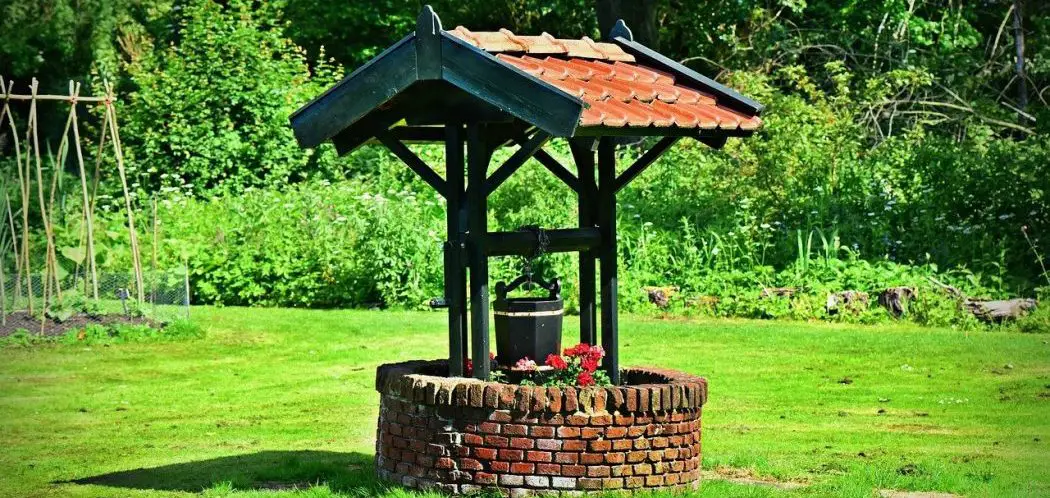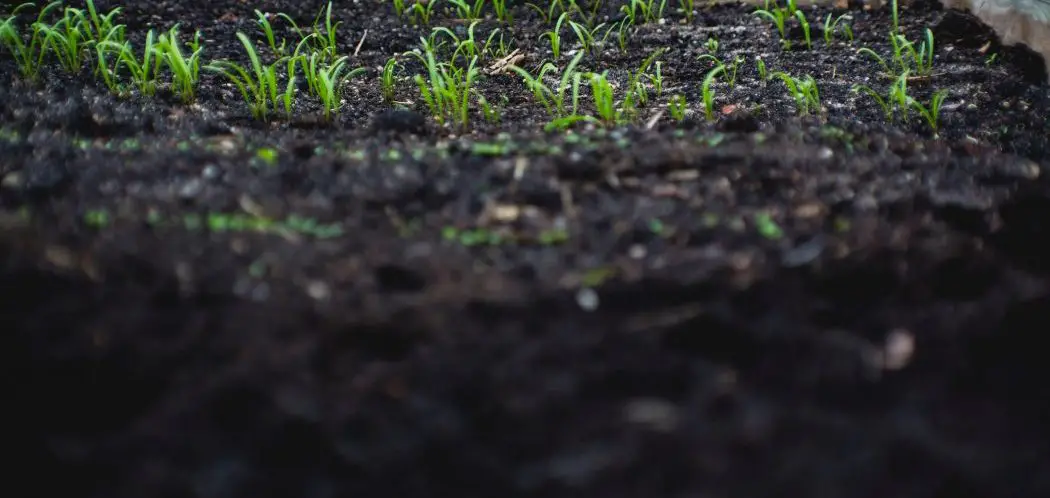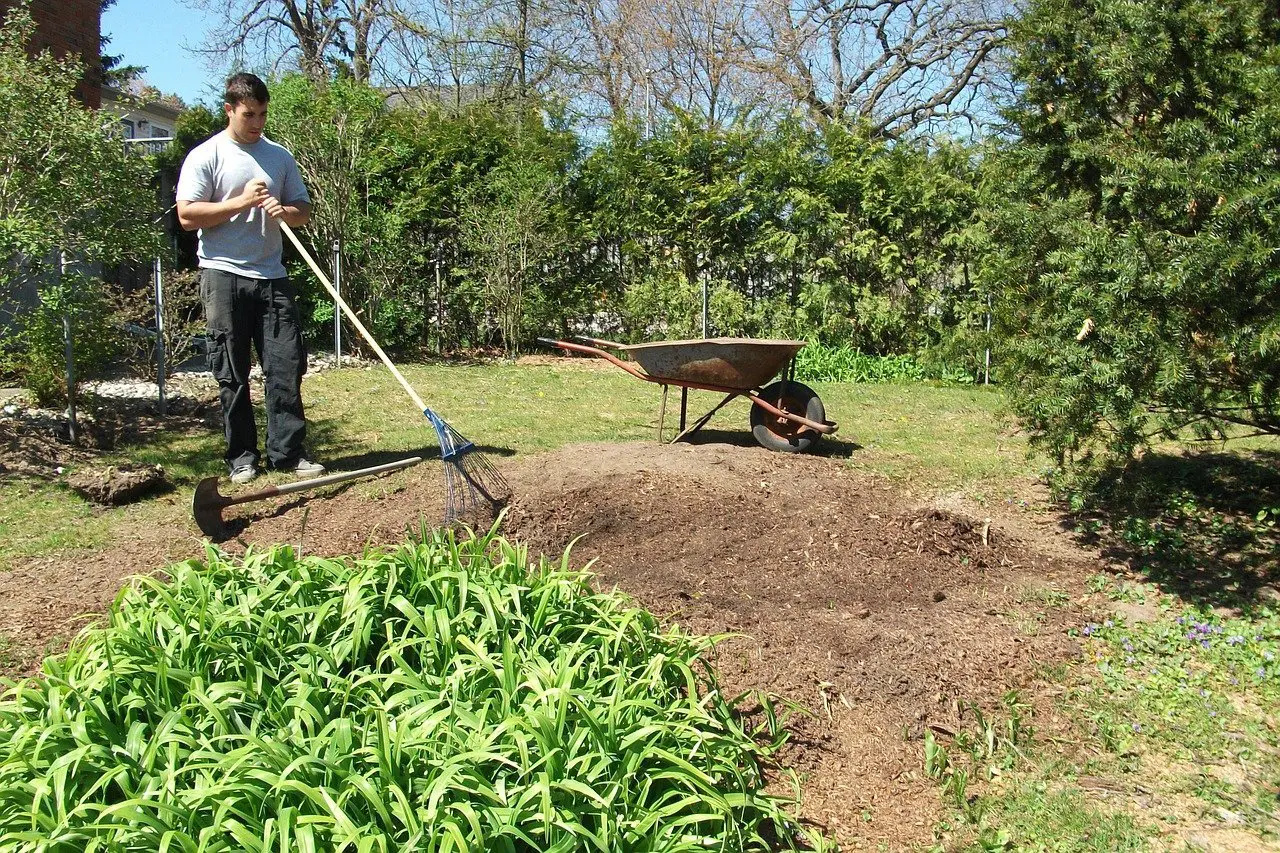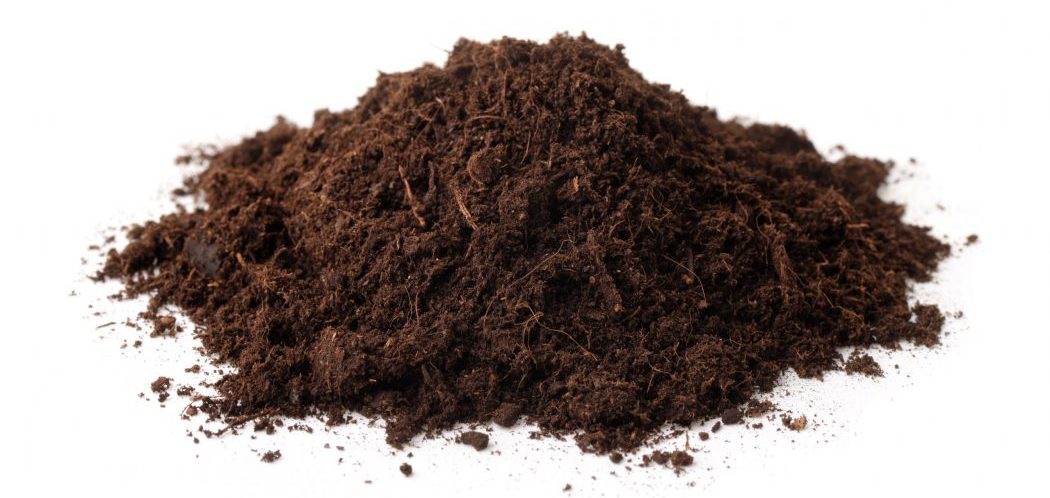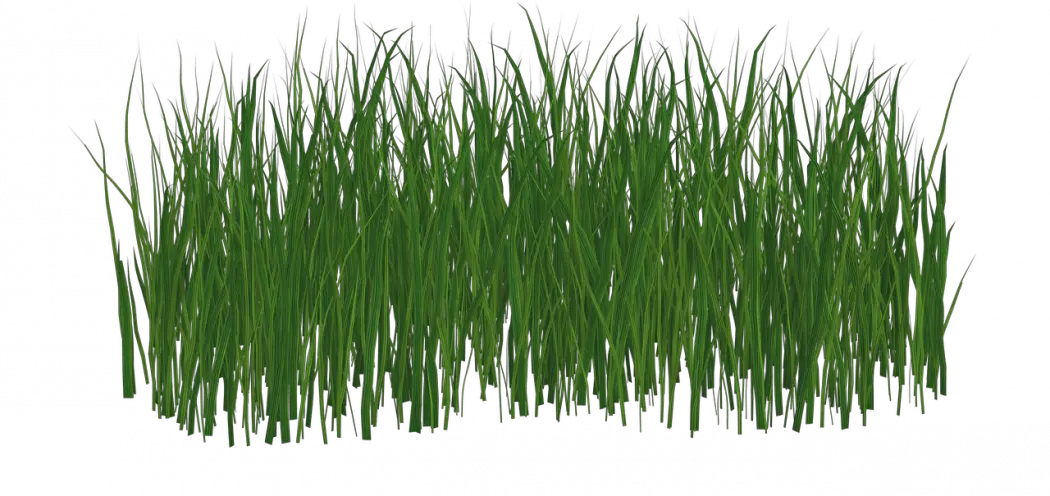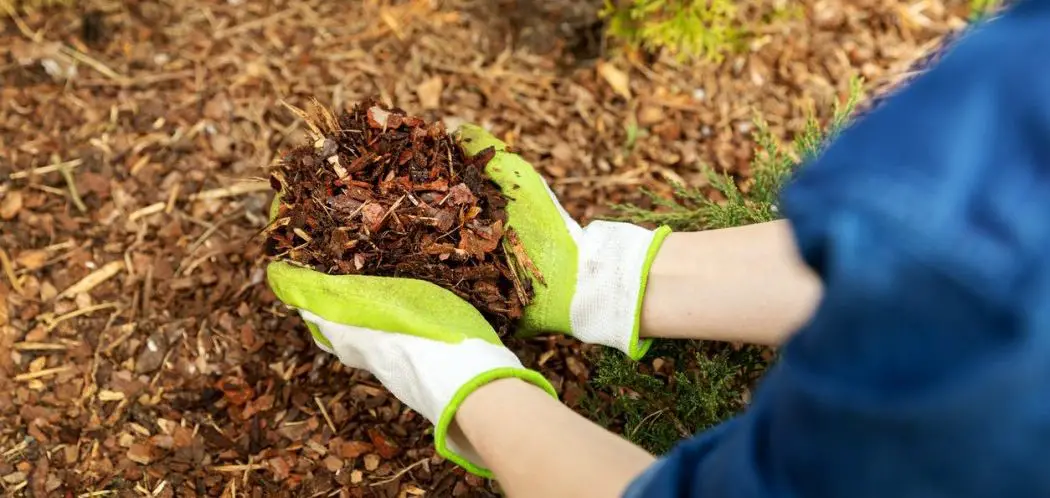Thirteen percent of the US population relies on water from domestic wells. The greatest concentration of these wells is in the Northeast and Great Lakes regions. If you’re one of these 42 million people, you may be wondering: is well water bad for grass?
How Do Wells Work?
A well is a hole drilled into the earth to access water in an aquifer. Aquifers are not hidden underground lakes. Aquifers are layers of permeable settlement that hold water and allow it to pass through.
When a hole is drilled into this layer of settlement, water can be extracted through a pump and passes through a filtered pipe. The pipe leads to a storage tank where the water remains until it is needed. This tank is connected to your home by pipes. When you turn on your kitchen faucet, the water from the storage tank that was previously stored in an aquifer flows into your sink.
Is Well Water Safe?
Water from an aquifer is significantly safer than open sources of groundwater. The likelihood of physical contamination is almost none. A properly sealed well will not be subject to debris, animal droppings, or insects.
Well water can be subject to chemical contamination, particularly if you live near a commercial agriculture operation.
Is Well Water Bad for My Lawn?
Lawns should be receiving around one inch of water per week on average. This amount should be adjusted depending on the grass type and soil composition.
As water passes through permeable rock layers in the aquifer, it collects minerals along the way. This concentration of minerals can make your water hard.
Hard water can be beneficial to some lawns and harmful to others. Plants require a balance of nutrients, much like humans do. Too much or too little of a particular mineral can ruin a lawn.
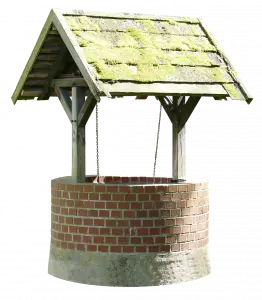
Iron
Iron in your well water can be noted by the rust colored stain the water leaves behind in sinks, bathtubs, and on laundry. Excess iron can stunt the growth of your lawn and cause its foliage to become rust colored. Humans cannot easily absorb iron when it’s suspended in water, so the excess of iron is of no harm to you. To correct iron toxicity in plants, you’ll need to amend the soil with manganese. Manganese will slow the absorption of iron by the plant.
Calcium and Magnesium
Too much calcium in your well’s water can result in limited absorption of magnesium and potassium by the plant. Magnesium and potassium deficiencies will result in discoloration of the plant and plant death if the imbalance is not correct. Water with excess calcium is typically hard water. This is more likely if your local aquifer is made of or near porous limestone. High doses of calcium can raise the pH of your soil. This pH change spells disaster for acid loving plants such as rhododendrons and hydrangeas.
Another mineral that can make your soil alkaline is magnesium. Magnesium toxicity is not easily observed in plants. While it may cause interveinal chlorosis, it will likely show symptoms of calcium or potassium deficiency first. The excess of magnesium slows the uptake of calcium and potassium by the plant’s roots.
Fertilizers
Nitrogen-based fertilizers can cause run off that contaminates your well water. This excess of nitrogen will disguise itself by first producing excessive growth in your lawn before the leaves and roots slowly wither and deteriorate.
The pH
Mineral build up aside, the pH of your well water can also affect your lawn. Turf grass prefers a pH of 6.5 to 7. This basic range can easily be manipulated by your well water. If the water is too acidic with a pH of less than 6.5, your grass will burn and die. If the water is too alkaline with a pH of more than 7, your lawn will wilt and die as it has a difficult time taking up the nutrients in the soil.
Municipal water isn’t completely devoid of faults, however. Like well water, city water can also be contaminated. Contamination usually only happens on a large scale such as when a natural disaster damages water lines and tanks. Municipal water is also heavily chlorinated to protect its drinkers from bacteria lurking in the water. This chlorine could be harmful to the beneficial microbes that live in the soil of your lawn.
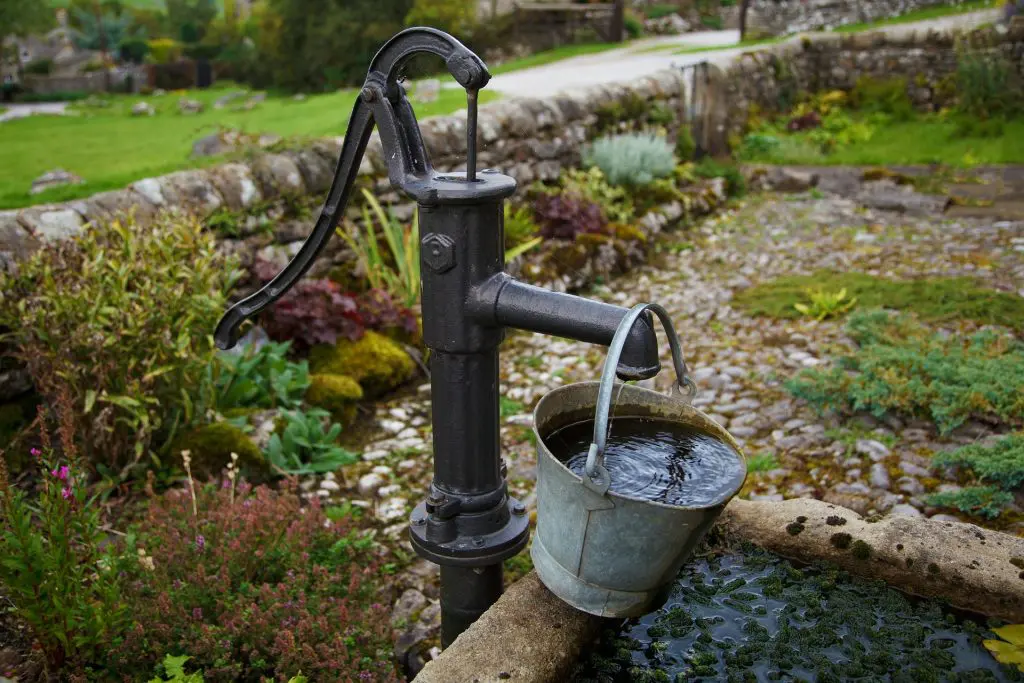
Well Water Is My Only Option, What Do I Do?
To ensure the safety of any person or plant that consumes your well water, you should have your water tested and your well routinely serviced. These two are not mutually exclusive. Most plumbers and well maintenance personnel will recommend annual testing of the water. The Environmental Protection Agency is only responsible for ensuring the safety of public water sources. Private well water safety is the responsibility of the property owner.
Annually, you should have your well water tested for total coliform bacteria, total dissolved solids, nitrates, and volatile organic compounds. You should have the pH tested at this time as well.
In addition to annual testing, you should have your well water tested by a state certified drinking water laboratory any time there are changes to your environment that may affect your well. This could include land disturbances by man or nature, recent waste disposal in your area, or the repair or replacement of any part of your well.
If you notice any change to your well water quality including taste, smell, and color, immediately have your well equipment inspected.
Leaks in the walls of the well can let in contaminants that are not suitable for drinking water. If the seal on your well’s cap has cracked, excess oxygen and bacteria may be accumulating in your well water.
When all equipment is found to be in working order, request to have your water tested. The physical makeup of the aquifer may have changed since the last test. This could result in a different concentration of chemicals in your water than you are used to.
Water that comes from a properly maintained and routinely tested well is safe to use to water your lawn.

